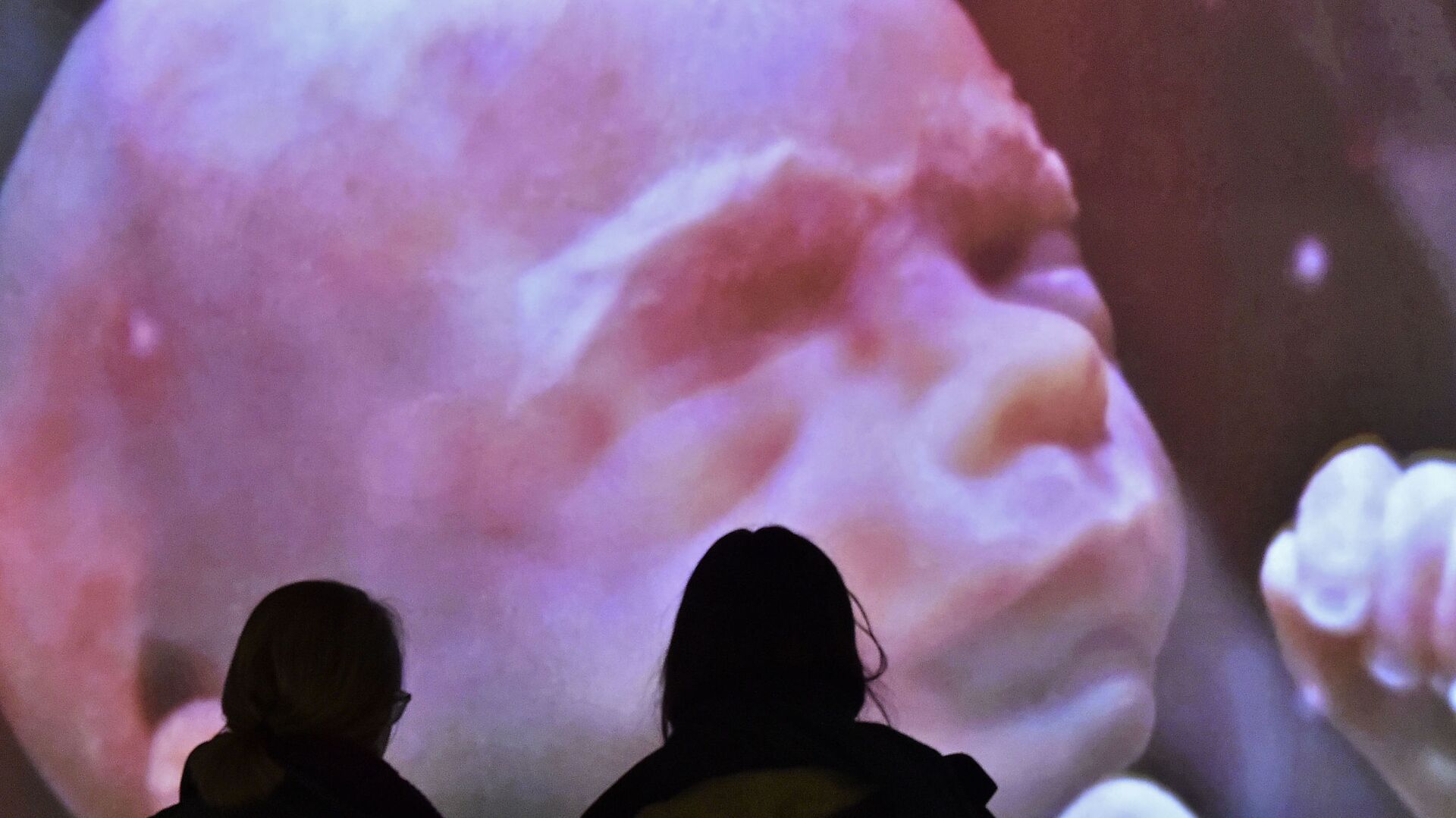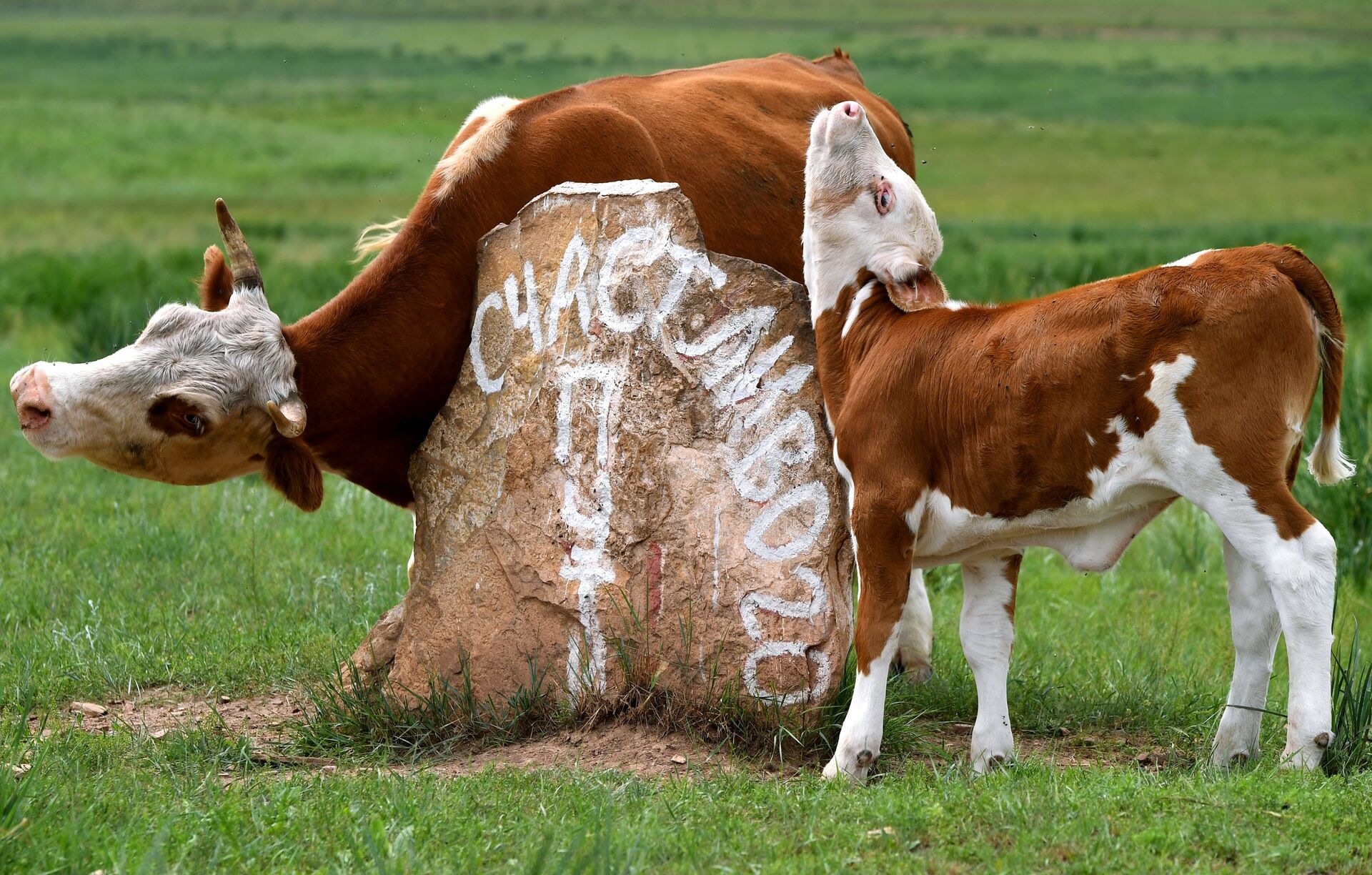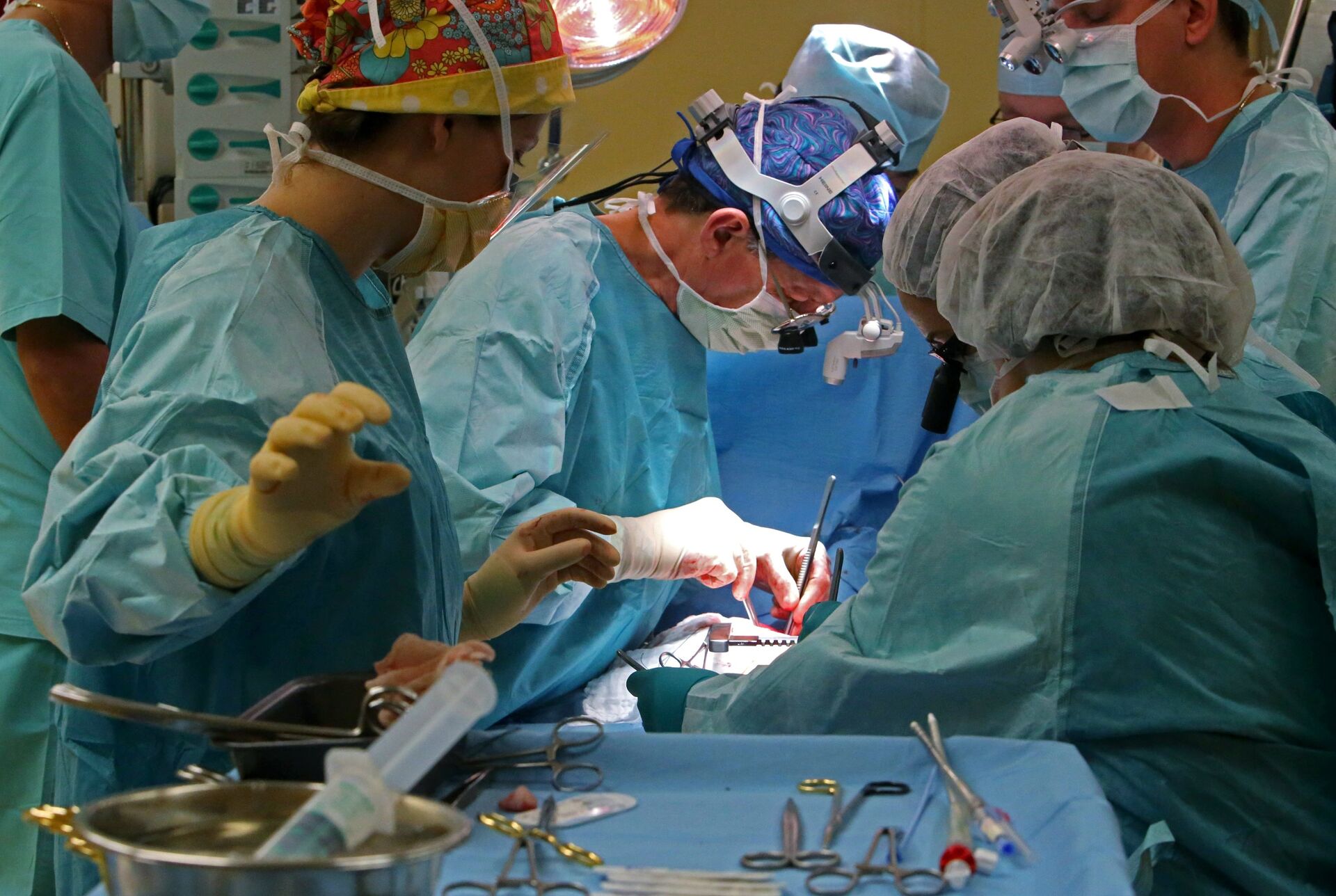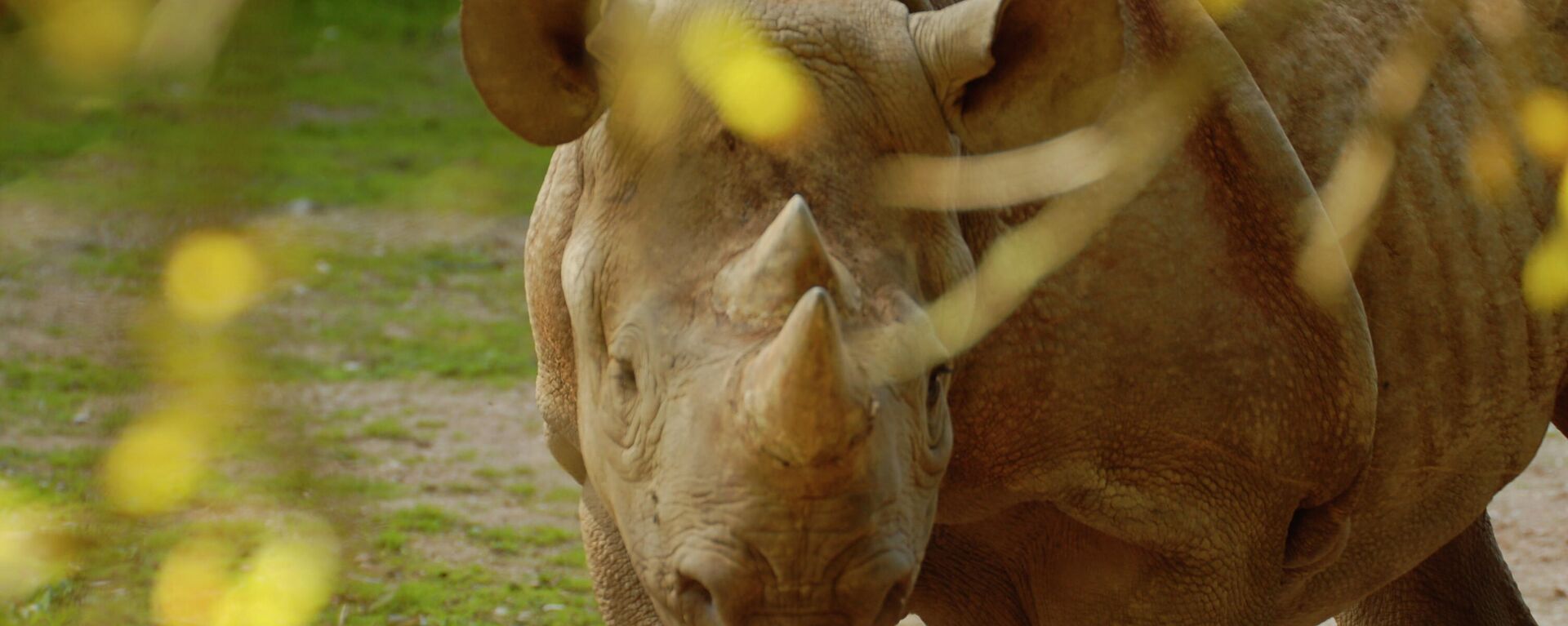https://sputnikglobe.com/20230113/technology-developing-fast---human-cloning-red-line-may-be-crossed-one-day-scientist-warns-1106291356.html
Technology Developing Fast - Human Cloning 'Red Line' May be Crossed One Day, Scientist Warns
Technology Developing Fast - Human Cloning 'Red Line' May be Crossed One Day, Scientist Warns
Sputnik International
The Additional Protocol to the Convention on Human Rights and Biomedicine on the prohibition of cloning human beings was presented in Paris on 12 January 1998... 13.01.2023, Sputnik International
2023-01-13T16:12+0000
2023-01-13T16:12+0000
2023-04-21T10:43+0000
science & tech
russia
opinion
us
europe
cloning
biotechnology
biomedicine
genetic editing
genetic engineering
https://cdn1.img.sputnikglobe.com/img/07e5/06/03/1083064239_0:15:2454:1395_1920x0_80_0_0_e891be8ccb73ad65c9adf3f1ecbe26d7.jpg
Nearly three decades ago the world was amazed by the creation of the first cloned sheep, named Dolly, which would live for seven years. Cloning is the process of generating a genetically identical copy of a cell or an organism.However, the scientific breakthrough was accompanied by ethical concerns over potential "genetic manipulation" targeting human beings. Therefore, the Council of Europe’s Steering Committee on Bioethics came up with the protocol prohibiting human cloning, which was signed in Paris on 12 January 1998.Cloning experiments with mammalian species continued and 25 years later, China's first registered cloned warm-blooded horse named Zhuangzhuang trotted onto the world stage on 12 January 2023, in Beijing. Zhuangzhuang is not the first cloned horse in the world: many countries have been using the technology to advance their biomedical research.First Man Received Gene-Edited Pig's HeartAlthough human cloning is forbidden, the products of the technology have already been used to treat humans, according to the scientist. To illustrate his point, Deykin cited the first transplant of a genetically altered pig heart into a person by a medical team at the University of Maryland's Medical Center, the US, in January 2022."Formally, this is transplantation, cardiovascular surgery," the researcher said. "But where did this pig come from? The pig was developed by modifying the genome. Moreover, at some stages, this genome was modified in somatic cells. And by cloning, these modifications were transferred, as it were, into a living organism. First, all changes were obtained in tissue culture. And then from this tissue culture, by the method of cloning and the transfer of cell nuclei, a living animal was created, in which this heart grew."The pig was raised by Revivicor, a US firm that spun off from the UK company that helped to clone Dolly the sheep, according to the weekly scientific journal Nature. The animal cell surfaces did not have a sugar molecule called α-1,3-galactose, or α-gal, which triggers the human immune system. The 57-year old man, who received the transplant, was ineligible for a human heart and certain to die soon. Two months after the surgery the patient died nonetheless. Still, according to US scientists, he survived longer than anyone had realistically expected.Therapeutic and Reproductive Cloning"In general, from the moment when it became clear that cloning is possible it has been developed for two strategic purposes," said Deykin. "There is therapeutic and reproductive cloning. In relation to humans, today, mainly strategies for therapeutic cloning are being developed. When we use all this technology, we get a cell culture that is identical in genetic composition with the donor's cells, with the patient's cells. And these stem cells, as they pass through the embryonic stage, can be used in a wide range of tasks for the treatment of various diseases."When it comes to reproductive cloning, the technology is at present actively used in relation to animals, according to the Russian researcher. The reproductive cloning of animals, ie, developing an organism identical in its genome with the parent, is aimed at reaching a number of objectives.First, it is "xenotransplantation" (the transplantation into a human recipient of live cells, tissues, or organs from a non-human animal source) and biomedical research.The second objective is the cloning of extinct animals: "These efforts to clone complex, extinct, or endangered species, pets - they are smart, because in this way we are honing the technology. In other words, the more complex the objects we learn to work with, the better we will be able to clone," remarked Deykin.Third, reproductive cloning is successfully used in animal husbandry: by preserving and passing down excellent genes which means that breeding could be substantially improved, and associated costs could be lowered.This work has taken on a new significance amid the West's sweeping sanctions which stripped Russia of the access to the world's reproducers of farm animals, he noted."Cloning is a solution and an opportunity to save the animals that we now have, which are used as producers on farms, in large agricultural complexes," the researcher explained. "And it is probably reasonable to preserve such animals in the form of cell culture and step up the promotion of the cloning technology."'West May Cross the Human Cloning Red Line'Deykin does not rule out that the world's scientific community could sooner or later start cloning human beings despite international legal prohibitions and ethical issues. For example, the Russian researcher referred to the US' non-transparent overseas bio-laboratories, some of which are allegedly involved in bio-warfare research. According to legal observers, this work is being conducted in violation of the Biological Weapons Convention (BWC) and the US Biological Weapons Anti-Terrorism Act of 1989 (BWATA).In the course of the ongoing special military operation to demilitarize and de-Nazify Ukraine, the Russian Ministry of Defense obtained sensitive documents revealing the scope of the US Department of Defense bio-warfare activities on the territory of the Eastern European state. For its part, the Chinese government listed more than 300 secretive biolabs operated by the US around the world.Biomedicine and China's Strategic PlanningIt's hard to say who the global leader is in cloning technology as many countries - in West and East alike - have been actively developing the technology over the past decades, according to the scientist.Still, the People's Republic of China, according to Deykin, has a competitive advantage:"China is a huge country where, unlike the rest of the world, long-term plans are in place today," the Russian researcher said. "This is extremely important for science in general, and for biological science in particular. And this is especially important for science when it comes to working with embryos, with living objects, with animals. China has these plans for 10 and 50 years."Both medicine and biomedicine develop better when there are clear, far-reaching tasks, according to Deykin. If a researcher is engaged in a long-term project he or she could set more ambitious goals and get even more ambitious results, he added. On the other hand, the government's assistance also plays an important role, according to the researcher.Strategic planning in biomedicine will help the world's scientists make further breakthroughs in the field, master their skills and prepare for new challenges, the researcher concluded.
https://sputnikglobe.com/20220204/german-scientists-aim-to-breed-genetically-modified-pig-to-serve-as-heart-donors-for-humans-1092758105.html
https://sputnikglobe.com/20220520/scientists-are-freezing-endangered-animals-for-future-cloning-to-sidestep-extinction-1095673536.html
https://sputnikglobe.com/20230112/chinas-first-cloned-horse-to-boost-national-equestrian-sports-1106259475.html
russia
Sputnik International
feedback@sputniknews.com
+74956456601
MIA „Rossiya Segodnya“
2023
News
en_EN
Sputnik International
feedback@sputniknews.com
+74956456601
MIA „Rossiya Segodnya“
Sputnik International
feedback@sputniknews.com
+74956456601
MIA „Rossiya Segodnya“
cloning technology, biomedical research, cloning human, what is xenotransplantation, ethical issues, what is cloning in biology, benefits of cloning, examples of cloning
cloning technology, biomedical research, cloning human, what is xenotransplantation, ethical issues, what is cloning in biology, benefits of cloning, examples of cloning
Technology Developing Fast - Human Cloning 'Red Line' May be Crossed One Day, Scientist Warns
16:12 GMT 13.01.2023 (Updated: 10:43 GMT 21.04.2023) The Additional Protocol to the Convention on Human Rights and Biomedicine on the prohibition of cloning human beings was presented in Paris on 12 January 1998. Alexey Deykin, senior scientist at the Institute of Gene Biology in Russia's Academy of Sciences, has sat down with Sputnik to discuss the recent developments and ethical concerns.
Nearly three decades ago the world was amazed by the creation of the first cloned sheep, named Dolly, which would live for seven years. Cloning is the process of generating a genetically identical copy of a cell or an organism.
However, the scientific breakthrough was accompanied by ethical concerns over potential "genetic manipulation" targeting human beings. Therefore, the Council of Europe’s Steering Committee on Bioethics came up with the protocol prohibiting human cloning, which was signed in Paris on 12 January 1998.
Cloning experiments with mammalian species continued and 25 years later, China's first registered
cloned warm-blooded horse named Zhuangzhuang trotted onto the world stage on 12 January 2023, in Beijing. Zhuangzhuang is not the first cloned horse in the world: many countries have been using the technology to advance their biomedical research.
"Cloning is a necessary element in the development technology of biomedical research in general," Alexey Deykin, senior scientist at the Institute of Gene Biology in Russia's Academy of Sciences, told Sputnik. "For the past 10 to 15 years, genetic and embryonic technologies have been an instrument for the development of this kind."
First Man Received Gene-Edited Pig's Heart
Although human cloning is forbidden, the products of the technology have already been used to treat humans, according to the scientist. To illustrate his point, Deykin cited the first transplant of a genetically altered pig heart into a person by a medical team at the University of Maryland's Medical Center, the US, in January 2022.
"Formally, this is transplantation, cardiovascular surgery," the researcher said. "But where did this pig come from? The pig was developed by modifying the genome. Moreover, at some stages, this genome was modified in somatic cells. And by cloning, these modifications were transferred, as it were, into a living organism. First, all changes were obtained in tissue culture. And then from this tissue culture, by the method of cloning and the transfer of cell nuclei, a living animal was created, in which this heart grew."
The pig was raised by Revivicor, a US firm that spun off from the UK company that helped to clone Dolly the sheep, according to the weekly scientific journal Nature. The animal cell surfaces did not have a sugar molecule called α-1,3-galactose, or α-gal, which triggers the human immune system. The 57-year old man, who received the transplant, was ineligible for a human heart and certain to die soon. Two months after the surgery the patient died nonetheless. Still, according to US scientists, he survived longer than anyone had realistically expected.
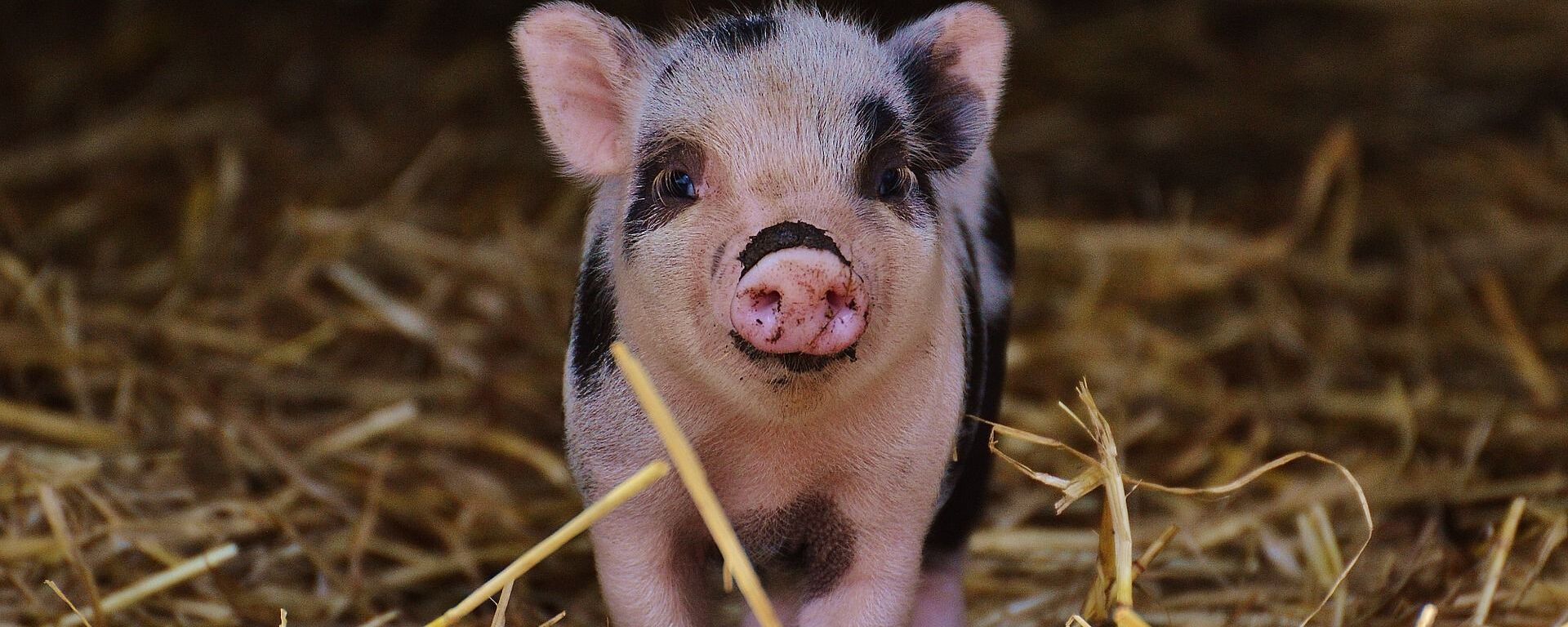
4 February 2022, 17:41 GMT
Therapeutic and Reproductive Cloning
"In general, from the moment when it became clear that cloning is possible it has been developed for two strategic purposes," said Deykin. "There is therapeutic and reproductive cloning. In relation to humans, today, mainly strategies for therapeutic cloning are being developed. When we use all this technology, we get a cell culture that is identical in genetic composition with the donor's cells, with the patient's cells. And these stem cells, as they pass through the embryonic stage, can be used in a wide range of tasks for the treatment of various diseases."
When it comes to reproductive cloning, the technology is at present actively used in relation to animals, according to the Russian researcher. The reproductive cloning of animals, ie, developing an organism identical in its genome with the parent, is aimed at reaching a number of objectives.
First, it is "xenotransplantation" (the transplantation into a human recipient of live cells, tissues, or organs from a non-human animal source) and biomedical research.
The second objective is the cloning of extinct animals: "These efforts to clone complex, extinct, or endangered species, pets - they are smart, because in this way we are honing the technology. In other words, the more complex the objects we learn to work with, the better we will be able to clone," remarked Deykin.
Third, reproductive cloning is successfully used in animal husbandry: by preserving and passing down excellent genes which means that breeding could be substantially improved, and associated costs could be lowered.
"Not so long ago, cloned cows were developed at the Federal Research Center for Animal Husbandry [named after Academy Member LK Ernst] under the leadership of Natalya Zinovieva," Deykin said. "That is, we have mastered the technology and can use it for agricultural purposes. We are actively working primarily with reference to animal husbandry. There is an opinion that the method of cloning could more effectively breed promising animal producers."
This work has taken on a new significance amid the West's sweeping sanctions which stripped Russia of the access to the world's reproducers of farm animals, he noted.
"Cloning is a solution and an opportunity to save the animals that we now have, which are used as producers on farms, in large agricultural complexes," the researcher explained. "And it is probably reasonable to preserve such animals in the form of cell culture and step up the promotion of the cloning technology."
'West May Cross the Human Cloning Red Line'
Deykin does not rule out that the world's scientific community could sooner or later start cloning human beings despite international legal prohibitions and ethical issues. For example, the Russian researcher referred to the US' non-transparent overseas bio-laboratories, some of which are allegedly involved in bio-warfare research. According to legal observers, this work is being conducted in violation of the Biological Weapons Convention (BWC) and
the US Biological Weapons Anti-Terrorism Act of 1989 (BWATA).
In the course of the ongoing special military operation to demilitarize and de-Nazify Ukraine, the Russian Ministry of Defense obtained sensitive documents revealing the scope of the US Department of Defense bio-warfare activities on the territory of the Eastern European state. For its part, the Chinese government listed more than 300 secretive biolabs operated by the US around the world.
"As soon as the need arises, there can always be a platform outside the territorial waters, on which there will be a super mega-laboratory in which all these things will be done, and consumables and patients will be brought there by helicopter," Deykin suggested. "I am absolutely sure that they will overstep this red line and do everything that is necessary."
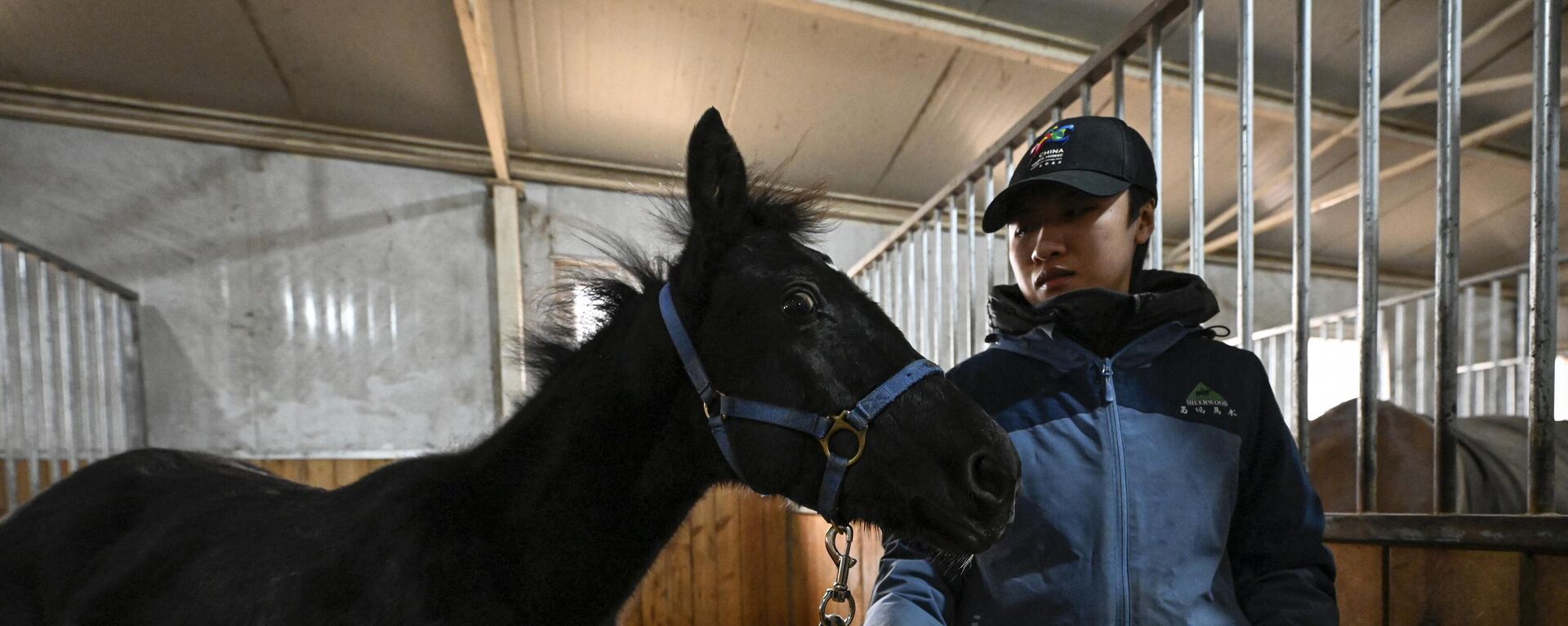
12 January 2023, 16:43 GMT
Biomedicine and China's Strategic Planning
It's hard to say who the global leader is in cloning technology as many countries - in West and East alike - have been actively developing the technology over the past decades, according to the scientist.
Still, the People's Republic of China, according to Deykin, has a competitive advantage:
"China is a huge country where, unlike the rest of the world, long-term plans are in place today," the Russian researcher said. "This is extremely important for science in general, and for biological science in particular. And this is especially important for science when it comes to working with embryos, with living objects, with animals. China has these plans for 10 and 50 years."
Both medicine and biomedicine develop better when there are clear, far-reaching tasks, according to Deykin. If a researcher is engaged in a long-term project he or she could set more ambitious goals and get even more ambitious results, he added. On the other hand, the government's assistance also plays an important role, according to the researcher.
"The success of a scientist is more likely if he does what is interesting to the state," Deykin said. "The government will distribute grants; it will support the construction of institutions, the purchase of equipment. When the state says that for the next 50 years it will be engaged in research, for example, in the fight against cancer, the same cloning and genetic technologies in the context of gene therapy, a person understands that this is the area where the state's efforts will be directed."
Strategic planning in biomedicine will help the world's scientists make further breakthroughs in the field, master their skills and prepare for new challenges, the researcher concluded.
